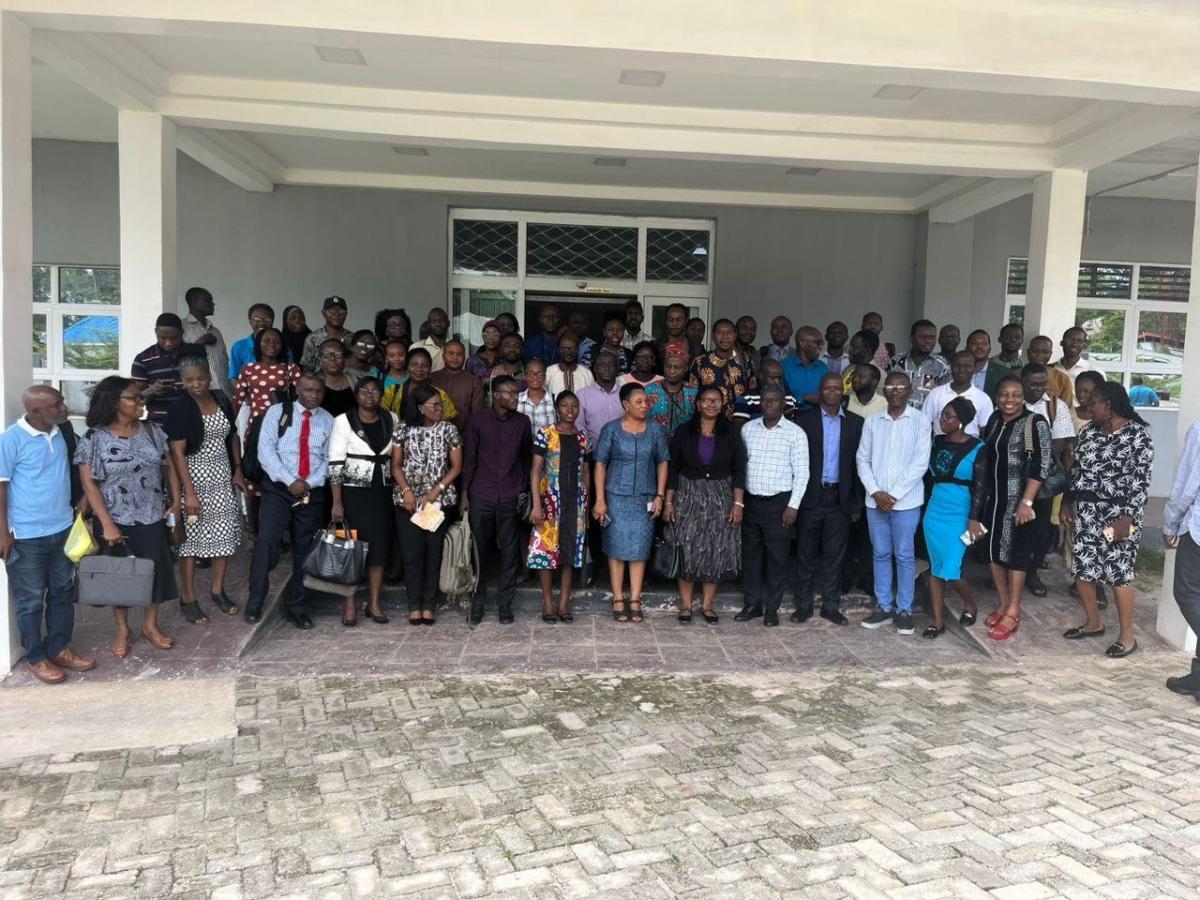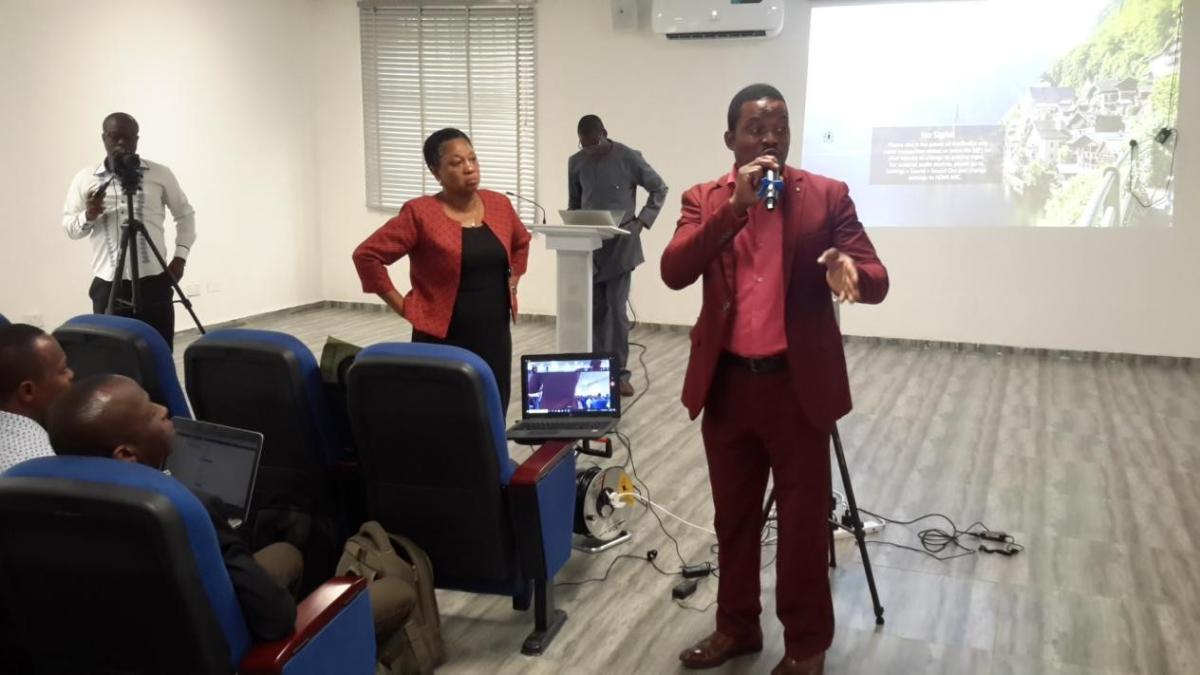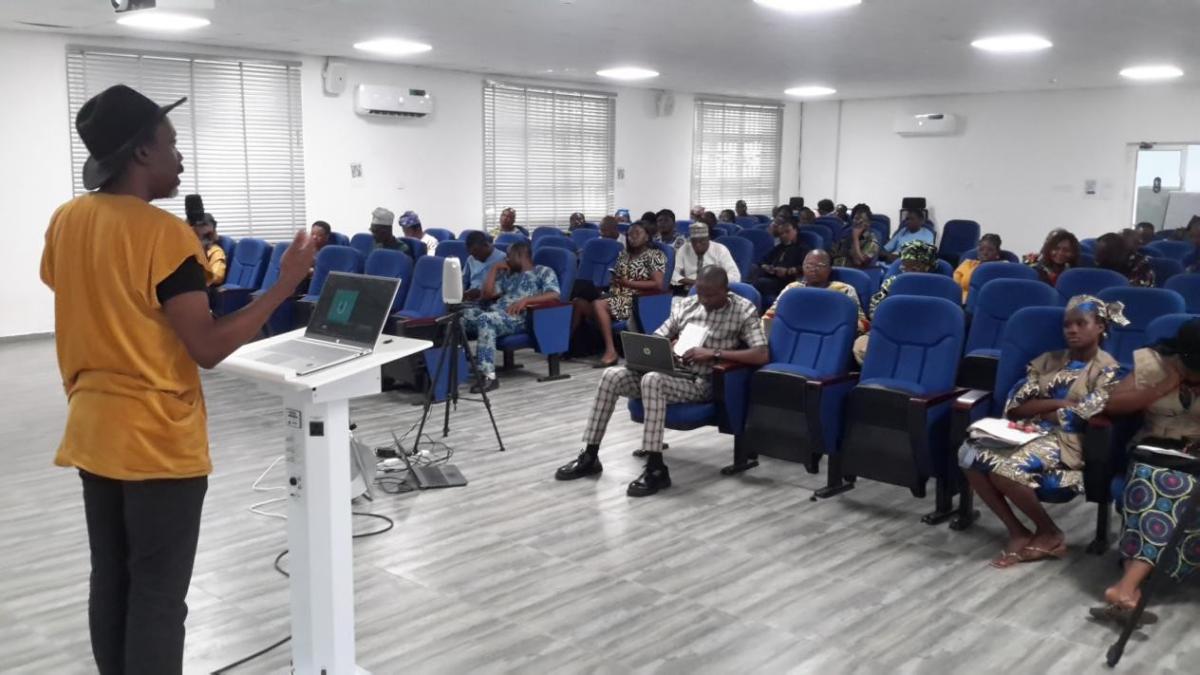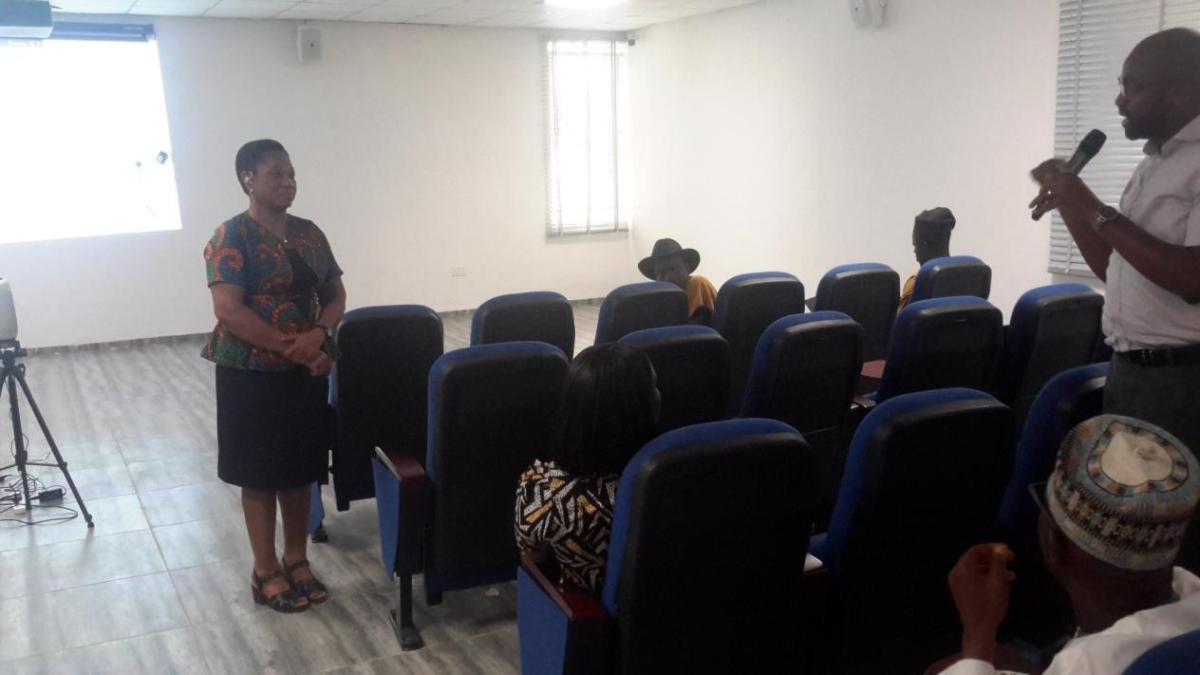BOOSTING ACADEMIC FLOW: A RECAP OF THE WORKSHOP ON ONLINE PLATFORMS
As the 2024/2025 academic session gets underway, the University reaffirmed its commitment to academic efficiency and digital transformation through a comprehensive three-day workshop titled "Online Platforms for Academic Processes." The event brought together key academic officers—Level Coordinators, Examination Officers, Deans, and Heads of Departments—in a strategic session aimed at deepening institutional capacity for digital engagement.

Held over three days, the interactive workshop offered in-depth walkthroughs of the University's essential academic platforms: the Registration Portal, Learning Management System (LMS), Result Management System (RMS), Quality Assurance Portal, and the Class Attendance Solution. Each platform was carefully unpacked to equip participants with the practical skills needed to leverage these tools effectively throughout the session.
Beyond platform navigation, the training provided opportunities for real-time support, tool demonstrations, and feedback collection—ensuring that user experience shapes future enhancements. The forum also encouraged collaborative dialogue among units, fostering a shared understanding of academic digital processes and aligning best practices across departments.

With active participation and insightful discussions, the workshop delivered both technical insight and strategic clarity, reinforcing the University's goal of fostering a data-driven and digitally fluent academic community.
At the center of it all was the University’s Information Technology and Media Services (ITeMS) Department, whose proactive planning and technical expertise drove the entire event. From curating hands-on sessions to demonstrating the inner workings of crucial systems like the Registration Portal, LMS, RMS, QA Portal, and Attendance Tracker, the ITeMS team didn’t just show up—they showed out.

More than just facilitators, the ITeMS department provided real-time support, answered department-specific questions, and gathered feedback for system upgrades. Their effort reflected a deep understanding of academic workflows and a commitment to making technology work for people, not the other way around.
In a time when digital literacy is no longer optional, their contribution wasn’t just timely—it was transformative.


Add new comment